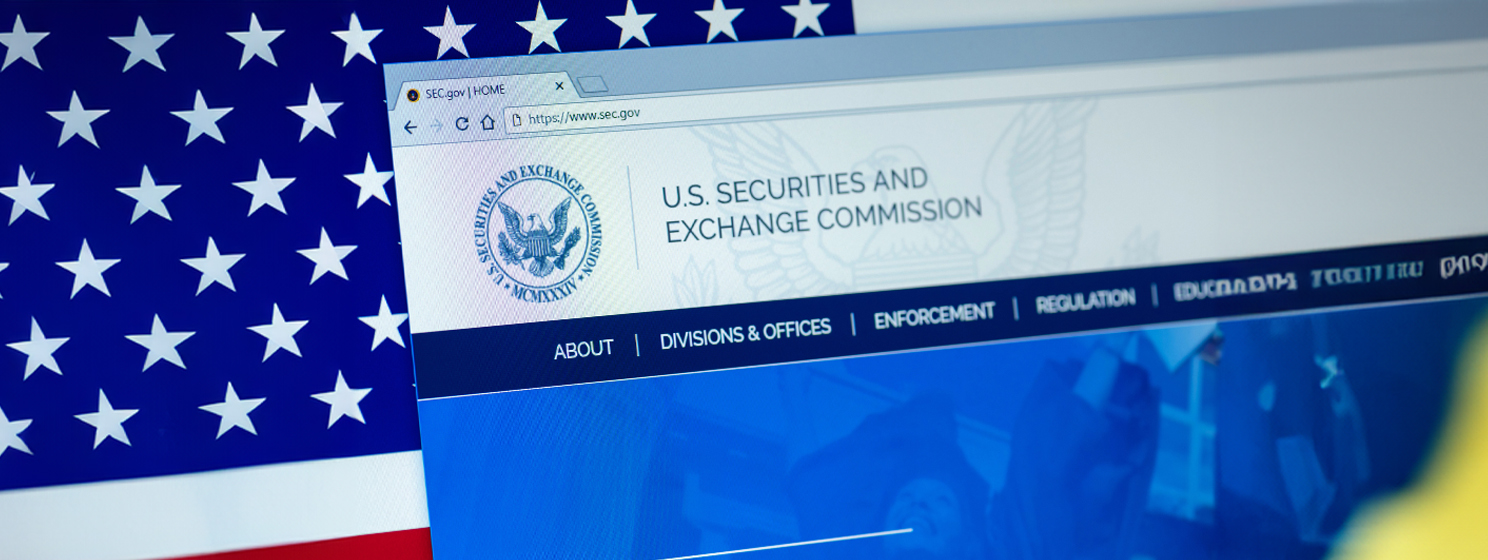
|
Getting your Trinity Audio player ready... |
The regulatory arm of the Banque de France, the Autorité de Contrôle Prudentiel et de Résolution (ACPR), wants to certify smart contracts. The First Deputy Governor of the Banque de France recently confirmed that work between it and the ACPR to make that process mandatory is ongoing.
Previously, the ACPR laid out several proposals for regulating decentralized finance (DeFi). These include the aforementioned certification of smart contracts, security standards for private ledgers and public blockchains, and regulating DeFi entry points such as websites.
Certification will be a formal process over and above the smart contract audits that are already commonplace. The ACPR says it wants to encourage innovation while protecting consumers (one of its mandates).
There’s already plenty of debate about whether this is over-regulation and how to tackle composability, where one smart contract is dependent on another. There’s also the question of whether anyone will bother to endure the costs of certification rather than going to another jurisdiction that doesn’t require it.
Opinion: Is too much regulation a bad thing?
For much of its existence, the European Union has been criticized for over-regulating almost every industry. Many economists point to its tendency to create rules and regulations for every eventuality as one of the reasons for the Eurozone’s sluggish economic growth.
However, the last few years have shown us that we can no longer afford to take a Laissez-faire approach to blockchain technology, digital currencies and associated applications like smart contracts. The dozens of bridge hacks and the collapse of the LUNA/UST algorithmic stablecoin, plus the subsequent implosion of FTX and multiple hedge funds, show us that a totally hands-off approach simply does not work.
However, regulators must also be careful not to go too far the other way. A balance must be struck between giving entrepreneurs and innovators the freedom to experiment and over-regulation and the stifling effect it has on industries. The costs of burdensome regulatory compliance can lead to a situation where the big players can afford to play, and the small, scrappy startups (potential future unicorns) are forced to fold or go elsewhere.
The EU has done well to publish the MiCA (Markets in Crypto-Assets) regulations, meaning there can be no debate about regulatory clarity, but it must be careful not to scare off startups and blockchain creators by imposing too many costs associated with regulatory compliance. While the ACPR is strictly a French institution and has no official role in what the EU will do, it did have a large influence on how MiCA turned out. Therefore, what it does may set precedents that have many ripple effects.
It is often said that some regulation is good, but too much regulation is as bad as none. That quote perfectly underscores the balance that must be struck in the blockchain and digital currency industry. Whether smart contract certification crosses the line into overdoing it, only time will tell.
Watch: sCrypt Hackathon students realize there’s more to blockchain

 11-21-2024
11-21-2024


